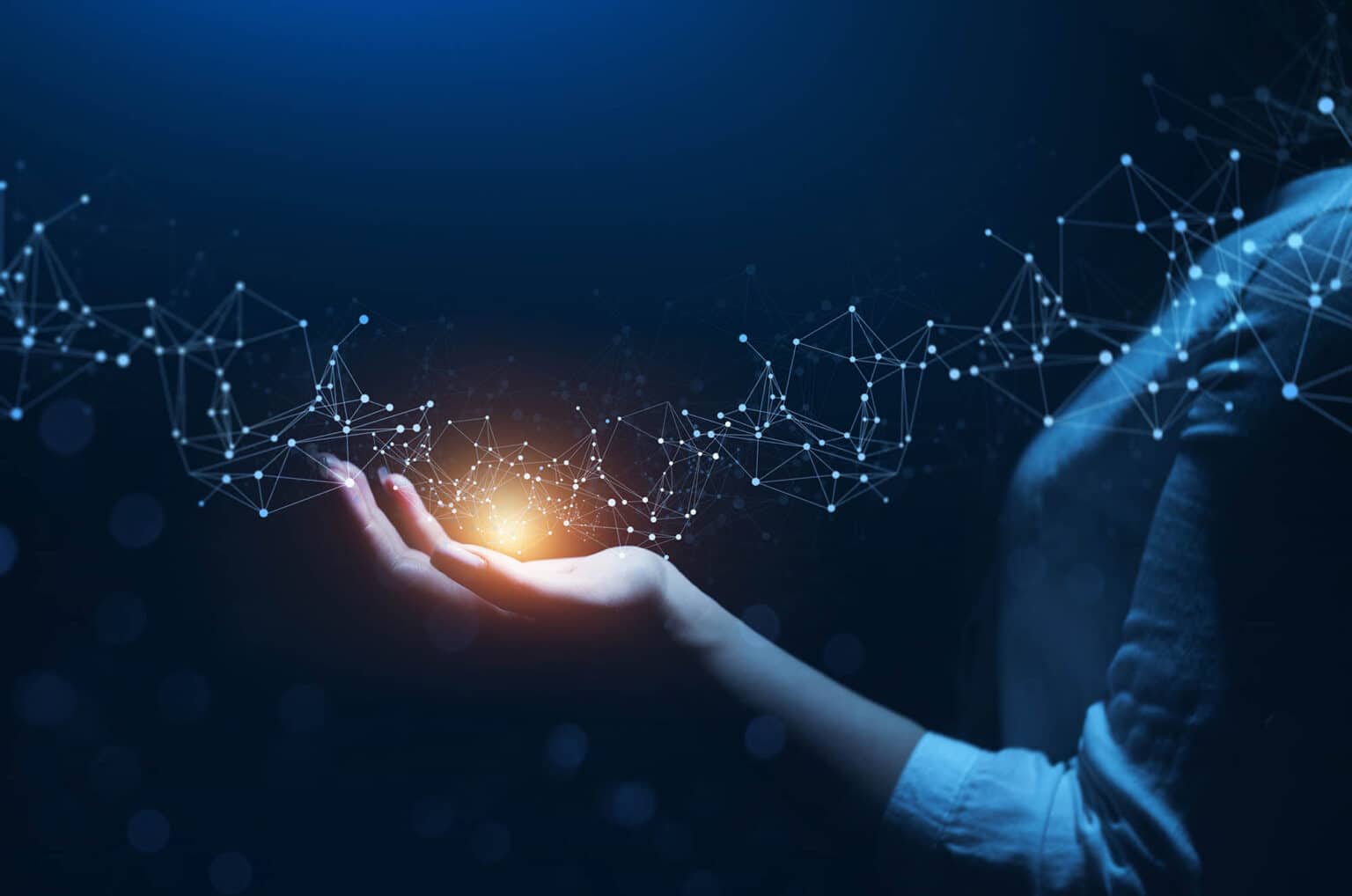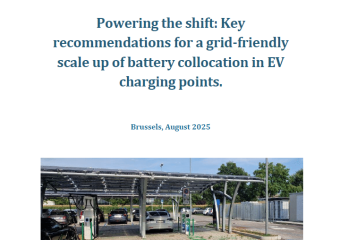Digital transformation is happening. The spread of advanced technologies such as remote sensors, data analytics and automation has opened a frontier for new innovative services and approaches on doing business. Distribution system operators (DSOs) have an opportunity to evaluate how they plan, build, operate and maintain their assets and how they serve their customers. For DSOs, digitalisation is mission-critical for the energy transition. Digital transformation, combined with electrification, is aiding the transition of the entire energy sector, from power plant management to new consumer services and smart grids.
This is why E.DSO members are at the forefront of all EU policy debates in the digital arena: tacking the data regime to cybersecurity and digital technologies and infrastructures, and contributing to the discussions on how to boost the uptake of data, key technologies like AI and Digital Twins, to ensure the security and resilience of the network.
The paper concentrates on the following issues:
Smart grid technologies such as machine learning (ML), artificial intelligence (AI), virtual or augmented reality (VR/AR), digital twin and blockchain are pivotal to overcoming technical challenges associated with smart grids. These technologies offer a real opportunity for DSOs to embrace technology and automate repetitive tasks such as inspection and maintenance activities, as well as outage prediction and restoration.
Smart grid technologies enable a more flexible and interactive functioning of the grid and provide real-time feedback by enabling intelligent monitoring, control, communication and self-healing technologies.
Data analytic modelling using both, criticality to indicate asset failure and a health index to receive information about the condition of asset points, maximises asset risk reduction and business results subject to certain constraints, like limited expenditure, regulatory obligations, and business plan.
To overcome technical barriers to smart grids, today’s “connection” standards must recognise the functioning of devices connected to the grid as both electronical infrastructure and intelligent node.
To guarantee high customer satisfaction with a high standard for service levels and customer engagement, the availability of data from all voltage levels (HV-MV-LV) is crucial.
Further research activities must focus on major challenges such as the handling of large volumes of data with high variability, the integration of renewable energies, the performance of storing and retrieving big smart grid data for AI applications in a robust manner as well as the explainability & limitations of AI algorithms.
Through the combination of cyber-physical systems, cloud computing, and intelligent industrial solutions, digital-twin technology lies at the basis of smart-grid deployment, renewable energy management, better integration, and efficient transmission.






